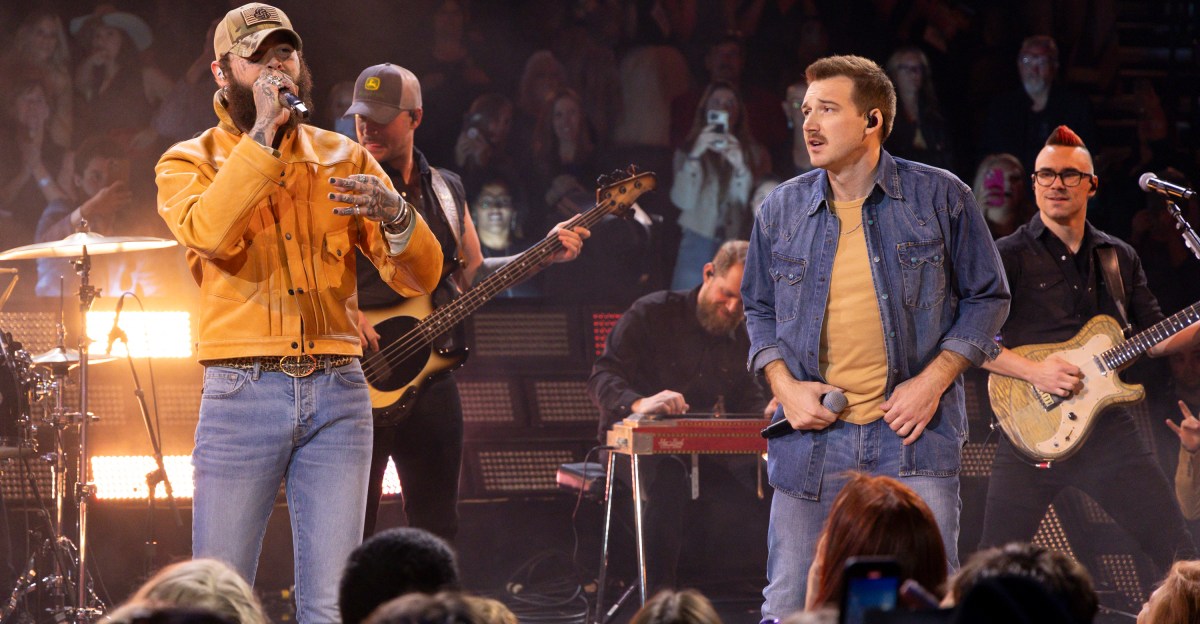Summary
In 2024, pop culture reflected a conservative resurgence, marked by increased popularity of hyper-masculine “bro” figures, country music, and traditional femininity.
Stars like Sydney Sweeney were embraced as symbols of a backlash against “woke culture” and the Me Too movement.
Country artists like Morgan Wallen and Zach Bryan dominated charts, while conservative films, such as Reagan and Am I Racist?, saw box office success.
Analysts suggest this cultural shift is both a response to progressive movements and a strategic attempt by conservative media to shape public sentiment.



I’m not who you were asking, but I’ve got at least two problems with this,
The biggest problem is cherry picking examples to reach a conclusion while ignoring contradicting evidence. We had plenty of more successful pop culture stuff that had overtly progressive and feminist themes, and conservative stuff doing well isn’t really a new phenomenon this year (the article even points this out where it talks about American Sniper and Passion of the Christ).
The second biggest problem is that the numbers underlying this are suspect - it’s easy to manipulate streaming numbers and book sales, and church groups are taking whole congregations to movies if they think it’s a culture war win. Also, reading Sydney Sweeney and hawk-tuah girl as conservative wins are stretches that the author never really justifies (not to mention seeing Beyonce getting shit out by the CMAs as anything other than a sign that country music executives don’t like independent black women who already have successful music careers beyond their influence).
Which gets to a problem that might only bug me, but this article has nothing to say about any of the art it’s bringing up and misses what I think could be an actually interesting conversation - what does the kind of art conservatives are getting into tell us about them? Like, the fact that they’ve meme-d around hawk-tuah girl, when did conservatives get “sex positive”? (rape positive if we’re being honest, but that’d be a conclusion an article could build towards by actually engaging with the material)
e; ttpos